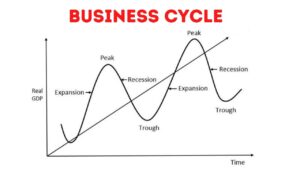In the same way that innovation has changed the landscape of human history, Congress and US Presidents have consistently changed Estate and Tax laws over time. Because of these continual changes, it is important to revisit your Estate Planning documents every three to five years to ensure that your documents reflect your intentions and are also up-to-date with current law.
The Federal Estate and Gift Tax Exemption has risen from $675,000 per person in 2001 to $11.4 million per person in 2019. Over the same time period, the Estate and Gift Tax Rate has fluctuated between 35% and 55%, and is now currently set at 40%. These variances, along with changing personal circumstances, have often created confusion for individuals and married couples seeking to have their wishes carried out relating to the disposition of their estates, what happens in the event of incapacity and who will step into the all-important role of legal guardian should minor children be involved.
On December 17, 2010, the Tax Relief, Unemployment Insurance Reauthorization and Job Creation Act was signed into law that created “Portability” of the Estate Tax Exemption. This was especially significant for married couples, as prior to Portability, it was necessary to include a Bypass or Exemption Trust in a Revocable Trust to ensure that a deceased spouse’s Estate Tax Exemption would be preserved for the surviving spouse. As a result, most Revocable Trusts created prior to 2011 (and many in 2012 going forward) were drafted in a way to establish two or three trusts upon the first spouse’s death, creating additional complexity for the surviving spouse to deal with after the loss of their loved one. For many married couples, Portability might now lead them to leave all their assets to their surviving spouse (notwithstanding other considerations) for simplicity’s sake. Additionally, there is a tax benefit to hold assets outside of a Bypass or Exemption Trust (assuming the estate is under the Exemption), as such assets will receive a step-up in basis upon the second spouse’s death, where that would not be the case if the assets were held in a Bypass or Exemption Trust.
Many people tend to put off working on their Estate Plan until an event (often illness or death) forces them to deal with this critical topic, but we strongly recommend a proactive approach. Please contact us to discuss these or other issues relating to your Trust, Estate or Tax situation and we would be happy to have a conversation with you and/or your attorney/CPA, to help ensure that your desires are reflected accurately in your current Estate Plan.









